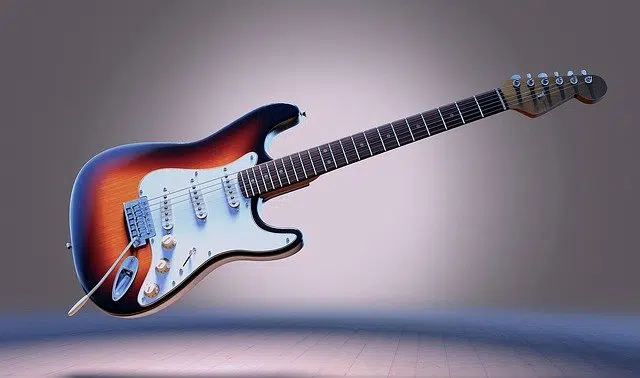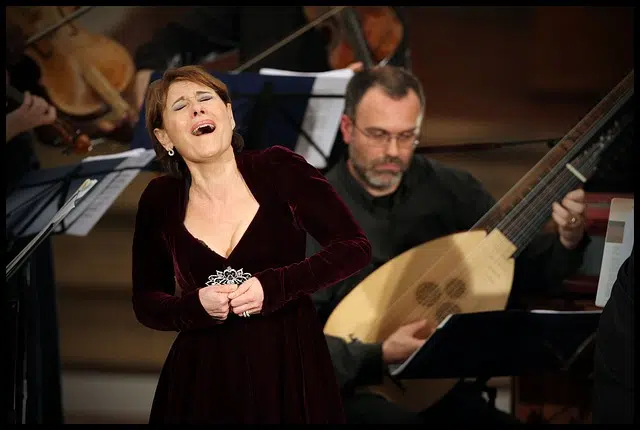
A musical instrument, thanks to its structure and its components, produces sounds.
Originating from the Latin word instrumentum , instrument is a word that describes the element that, when combined with other pieces, serves certain purposes in the field of crafts or arts . The term can be used as a synonym for tool , machine or utensil .
In the field of law , meanwhile, an instrument is any documentation, evidence, material or paper with which something is justified or proven.
For example: "The hammer is an instrument that allows you to place nails in the walls" , "I need an instrument to help me finish this job" , "I cannot achieve the result I am looking for since I do not have the appropriate instruments" .
Musical instrument
A musical instrument , in this framework, is known as an object equipped with one or more resonant structures and with the necessary characteristics that allow it to vibrate, so that it can produce sounds in one or more tones.
Although any object capable of emitting sound can function as a musical instrument (such as a bottle or two wooden sticks), the concept is only used to name pieces that have that specific purpose. The guitar , piano , saxophone , bass , and drums are some examples of musical instruments.

The voice can be considered as a document.
The case of the voice
A musical instrument not generally included in this group is the human voice . Of course, it is not so strange, considering that singers are usually excluded from the category of "musicians." However, the voice should be considered the first instrument , since it did not need to be invented. Furthermore, it is part of our body, a characteristic that makes it special as well as mysterious.
Today, popular music is very far from its equivalent two or three centuries ago, but there was a time when the common currency was opera and chamber music, different genres that today are mistakenly grouped under the label of "classical music". The vocal training necessary to address them is infinitely greater than the little or no preparation that contemporary popular singers have, for whom a note that lasts more than 5 seconds is enough to impress their audience.
Cecilia Bartoli , a wonderful Roman mezzo-soprano of international fame, is the clearest example of how versatile and agile our instrument can be when trained properly. Sustaining a sound for several seconds is nothing more than making use of the rudiments of breathing technique , which constitutes the basis of learning to sing. The real challenges are found in considerable jumps between two notes that are very distant from each other, in ornaments that involve singing very quickly patterns that are difficult to study, in the changes in intensity of the voice with crystalline clarity to express different feelings when there is no a microphone to zoom in and out and maintaining the integrity of the voice after decades of career, while gaining new skills.
Like a violin, the voice is not in tune by nature and the process of tuning it is arduous and very long-lasting. It takes years, much more than a decade, to achieve moderately important control of our instrument to be able to play the same piece in the same way every time. And despite all the training a professional singer may have, he must contend with the weather, maintain a balanced diet and avoid any distress around his performances; Even with all this, nothing guarantees vocal stability.
Measuring and flight instruments
A measuring instrument , on the other hand, is the device that allows physical magnitudes to be compared through a measurement process. These instruments must be precise and sensitive, such as scales , stopwatches , rulers , thermometers , barometers , and speedometers .
Flight instruments , on the other hand, belong to the set of mechanisms and devices that are part of an aircraft and that enable a flight to be carried out in safe conditions . The compass , altimeter and GPS are flight instruments.
